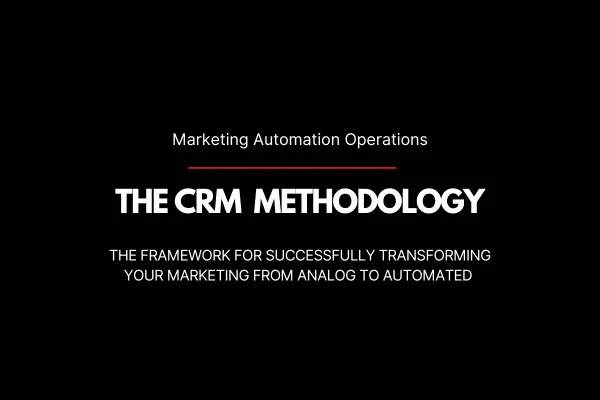
CRM Methodology: The Framework For Successfully Transforming Your Marketing From Analog To Automated
This article is about the CRM methodology, not just software. CRM methodology is a clear, step-by-step way to think about and manage every interaction you have with customers. The right software can help you carry out this approach, but the software is only a tool. The real power comes from the strategy and processes you put in place to create loyal, long-lasting customer relationships for your local service business.
Where CRM Methodology Comes From
CRM methodology began in the 1990s when businesses saw they needed more than single sales. They needed real relationships. Early pioneers tracked details like purchase history, service needs, and personal preferences. They discovered that businesses grow faster when they build strong bonds with customers. Over time, these ideas became clear methods and best practices. Today, dentists, medspas, financial advisors, real estate agents, and other local service providers use CRM methodology to move from manual marketing and analog processes to automated, customer-focused growth.
Why CRM Methodology Matters for Local Service Businesses
The CRM methodology teaches one simple truth: loyal customers are more valuable than new customers. For a dentist’s office, that means patients who visit every six months and trust you with fillings. For a medspa, clients return for treatments and tell friends. For financial advisors, clients keep coming back for advice. For real estate professionals, past buyers come back to sell or buy again and refer neighbors.
When you focus on loyalty, you:
Increase repeat visits and bookings
Earn higher fees and service upgrades
Build trust and referrals
Reduce marketing costs by letting happy customers spread the word
Ignoring CRM methodology means relying on one-off promotions and frantic analog efforts. You’ll waste time, money, and miss the benefits of marketing automation.
How CRM Methodology Prevents Digital Transformation Failures
Many local service businesses jump into marketing automation and new digital tools without a clear plan. CRM methodology fixes this by:
Clear Strategy Before Tools
Define which customers you serve and exactly how you’ll serve them differently. A focused plan prevents buying every new app without purpose.Employee Adoption Built In
Involve front-desk staff, service providers, and managers in designing customer processes. When your team sees how CRM makes work easier and ties to rewards, they embrace new systems.Measuring What Matters
Track relationship health (visit frequency, referrals, satisfaction) and customer lifetime value—not just software clicks. You link every digital step to real business results.Process-First Mindset
Software is only a tool. CRM methodology puts process and customer thinking first. This mindset stops you from over-investing in tech that doesn’t drive growth.Customer-Ready Approach
Map each customer’s journey and plan for their evolving needs. You’ll introduce digital tools that customers understand and use, avoiding low adoption rates.
By centering your digital transformation on CRM methodology, you avoid the top causes of failure and set up marketing automation for real success.
The Four Steps of CRM Methodology
Step 1: Choose Which Customers to Serve
Decide which customers match your strengths and goals:
A dental office might focus on families committed to preventive care.
A medspa owner might target anti-aging clients on membership plans.
A financial advisor could serve retirement-planning clients with $100,000+ portfolios.
A real estate agent might specialize in first-time buyers in one neighborhood.
Step 2: Design Tailored Service Plans
Different customers deserve different care:
Offer top dental patients same-day appointments.
Give medspa VIP clients early booking and loyalty perks.
Provide financial clients quarterly check-ins and custom reports.
Send real estate buyers new-listing alerts and sellers market updates.
Step 3: Monitor Relationship Health
Track how customers interact and feel:
Count patient visits and on-time cleanings.
Survey medspa clients for treatment satisfaction and referrals.
Review financial clients’ repeat service rates.
Check real estate clients’ referrals and repeat transactions.
When activity drops, act fast to restore the connection.
Step 4: Calculate Lifetime Value
Figure each customer’s worth over time:
A patient with twice-yearly visits over ten years is far more valuable than a one-time walk-in.
A medspa membership client services monthly.
A financial client pays ongoing advisory fees.
A repeat real estate client generates multiple commissions.
Invest energy where lifetime value is highest.
How Local Service Businesses Apply CRM Thinking
Map the Customer Journey: Design every step—from first call to follow-up—to strengthen relationships.
Build Customer Knowledge: Track preferences, goals, and life events to make service personal.
Plan for Transitions: Anticipate evolving needs—first home to next home, basic cleanings to advanced care—and guide customers smoothly.
Common CRM Methodology Pitfalls
Treating all customers the same misses top opportunities.
Chasing only new leads ignores your best revenue sources.
Not tracking relationship health lets customers slip away unnoticed.
Confusing busy work—generic emails or social posts—with true relationship building.
Technology Supports, but Does Not Replace, CRM Thinking
Use software to:
Store customer histories and preferences
Automate reminders and follow-up messages
Measure visits, referrals, and satisfaction
Keep track of lifetime value
But remember: process and strategy come first. Technology is your helper, not your leader.
Steps to Build Your CRM Strategy
Start with Strategy: Define your ideal customers and how you’ll serve them uniquely.
Map the Journey: Craft every interaction to add value and build trust.
Train Your Team: Ensure every staff member follows the CRM approach.
Measure What Matters: Focus on relationship health, lifetime value, and referrals.
Start Simple: Master relationship tracking and timely follow-up before adding complex automation.
Make It Personal: Use customer details to craft relevant, helpful interactions.
The Bottom Line
CRM methodology is your roadmap from analog marketing to automated, customer-centric growth. It’s not about buying more tools—it’s about a strategy that puts customer relationships first. When local service businesses—dentists, medspas, financial advisors, real estate pros—master CRM methodology, they build loyal customers, generate steady revenue, and unlock the full potential of marketing automation. Focus on relationships, support them with the right tools, and watch your business thrive.





